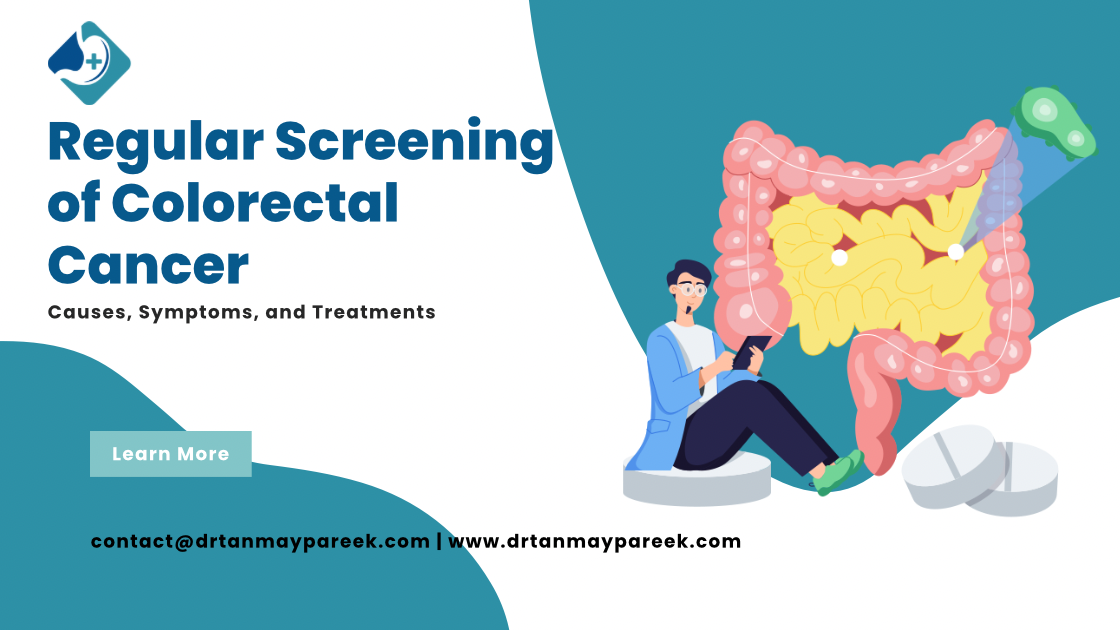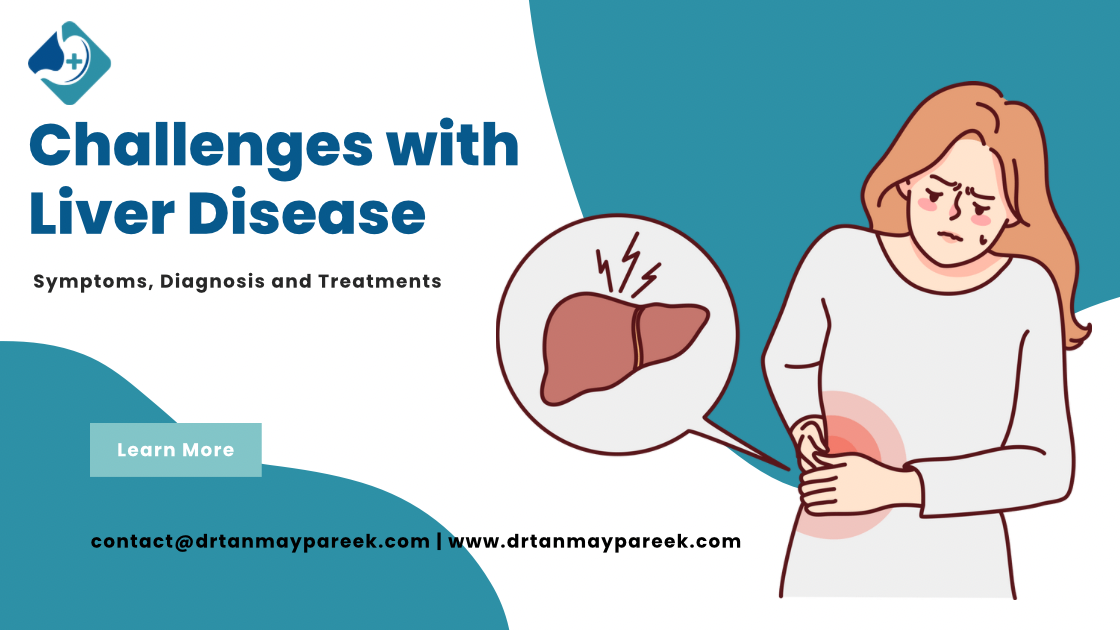Introduction
Colorectal cancer is one of the most prevalent cancers in India, affecting thousands of
individuals each year. Regular screening is crucial for early detection and improved survival
rates. Understanding the importance of screening and recognizing the symptoms of colorectal
cancer can lead to timely intervention and better outcomes.
What is Colorectal Cancer?
Colorectal cancer refers to cancer that starts in the colon or rectum. It typically begins as
polyps—small growths on the inner lining of the colon or rectum—that can become cancerous
over time. Early detection through regular screening can prevent the progression of these
polyps into cancer, significantly reducing mortality rates
Risk Factors
Several risk factors can increase the likelihood of developing colorectal cancer:
- Age: Most cases occur in individuals aged 50 and older.
- Family History: A family history of colorectal cancer or polyps can elevate risk.
- Diet: Diets high in red and processed meats and low in fiber are associated with a higher risk.
- Lifestyle Factors: Lack of physical activity, obesity, smoking, and heavy alcohol use contribute
to increased risk. - Chronic Conditions: Conditions such as inflammatory bowel disease (IBD) also raise the
likelihood of developing colorectal cancer.
Symptoms to Watch For
Recognizing the symptoms of colorectal cancer is crucial for early intervention. Common signs
include:
Abdominal Discomfort: Cramping, gas, or persistent abdominal pain should not be ignored.
Changes in Bowel Habits: Diarrhea, constipation, or a change in stool consistency lasting
more than a few days.
Blood in Stool: This can appear as bright red blood or darker stools.
Unexplained Weight Loss: Significant weight loss without a known cause can be a warning
sign.
Screening Recommendations
Regular screening is vital for early detection. The American Cancer Society recommends that
individuals at average risk begin screening at age 45. For those with increased risk factors,
screening may need to start earlier. Common screening methods include:
- Colonoscopy: This procedure allows the doctor to view the entire colon and rectum and
remove polyps if necessary. - Flexible Sigmoidoscopy: Similar to a colonoscopy, but it examines only the lower part of the
colon. - Fecal Occult Blood Test (FOBT): A non-invasive test that checks for blood in stool samples.
The Screening Process
If you’re due for a screening, here’s what to expect during a colonoscopy:
- Preparation: You will be given specific instructions to clear your bowel. This may include
dietary restrictions and the use of laxatives. - Procedure: The procedure usually takes about 30-60 minutes. You will be sedated to
minimize discomfort. - Recovery: After the procedure, you will be monitored for a short period before going home.
Treatment Options
If colorectal cancer is detected, treatment will depend on the stage of the disease. Options may
include:
- Surgery: Removal of the tumor and some surrounding tissue is often the first step.
- Chemotherapy: This may be used to kill cancer cells or shrink tumors before surgery.
- Radiation Therapy: This can help eliminate cancer cells and reduce tumor size.
Conclusion
Early detection through regular screening is crucial in the fight against colorectal cancer. If you
are 45 or older or have risk factors, consider scheduling a screening with Dr. Tanmay Pareek,
the best gastroenterologist in Jaipur. Taking proactive steps toward your health can make all the
difference.





